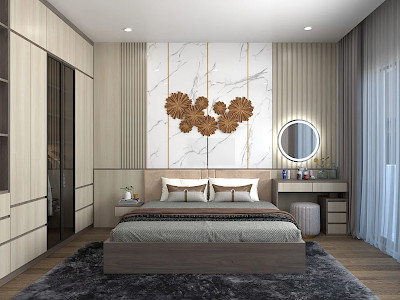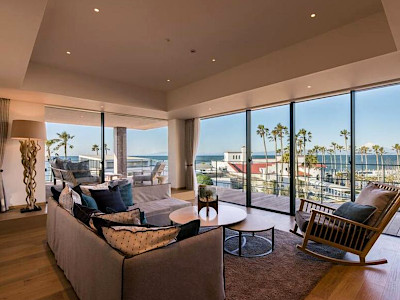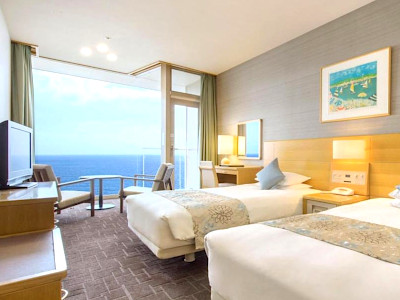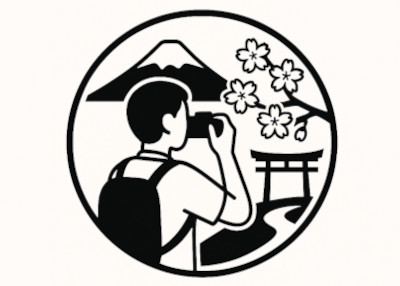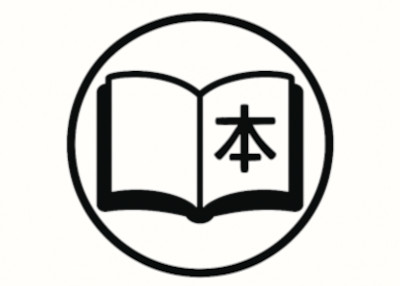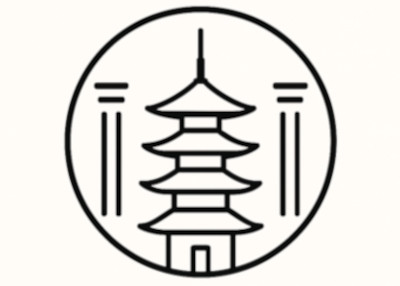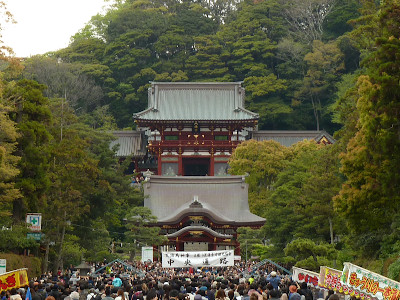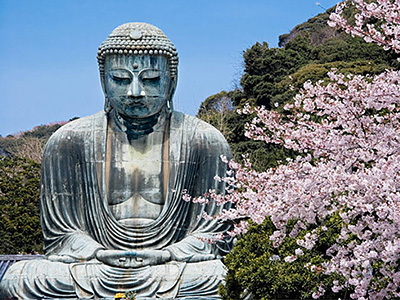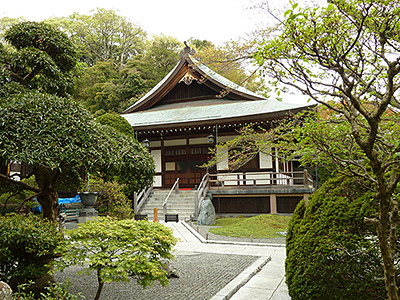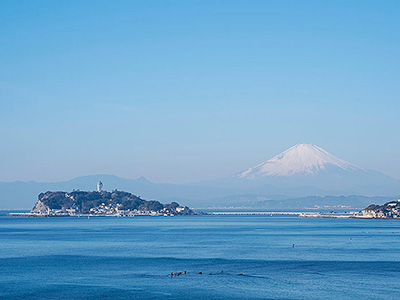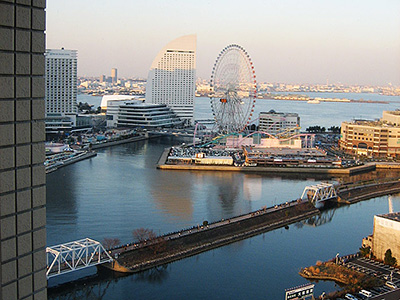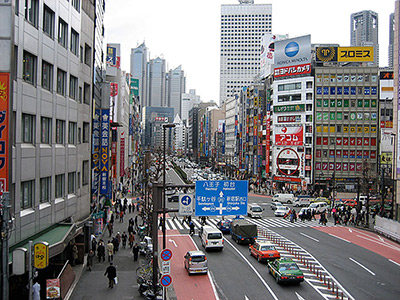Zuisenji Temple in Kamakura
This post can contain affiliate links, which means that we may receive a small commission if you make a purchase using these links.
Facts & Figures
Zuisenji is a beautiful Zen Buddhist Temple in Kamakura and belongs to the Rinzai Sect. It is one of the Kanto Jissetsu (10 important temples of Rinzai Sect of the Kanto region). People come here to worship Jizo Bosatsu. The highlights of the temple are the main hall, garden and the Zen rock garden containing a huge cave. The garden with its trees and beautiful seasonal flowers is the reason why Zuisenji is also known as Temple of flowers. My tip: Come here when the plum trees are in full bloom in Spring and enjoy the scenery.
- Zuisenji Temple:
- Opening Hours - daily from 9:00 am to 5:00 pm (last entry at 4:30 pm)
- Closed - never
- Admission fee - 200 yen (Adults), 100 yen (Elementary and junior high school students)
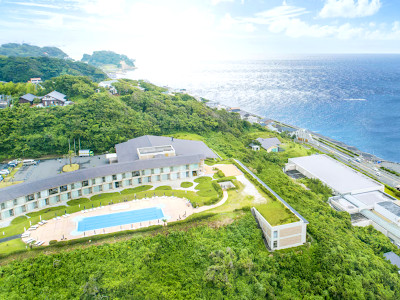 Experience the Ultimate Japanese Hospitality at a Hotel in Kamakura.
Experience the Ultimate Japanese Hospitality at a Hotel in Kamakura. Find Your Perfect Hotel Now >
My tips for local activities
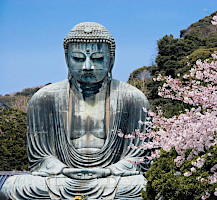
How about exploring the beautiful city of Kamakura and its historical places with a local guide? The personalized tour by our partner GetYourGuide can take between 4 - 6 hours. For more details check out this page >
History
In 1327 Zuisenji was founded during the Kamakura period (1185 - 1333) by Zen master Muso Kokushi (1275 - 1351), also known as Muso Soseki. Daimyo Nikaido Doun was his supporter and sponsor in this temple project. Muso Kokushi was also one of the best garden designers of Japan. His work can now be admired at Zuisenji or at other placees in the country like the Sogenchi Garden (Sogenchi Teien) at the Tenryu-ji Temple in Kyoto. The temple became an important cultural center in the region. The first Kamakura governor with the name Ashikaga Motouji (1340 - 1367) was buried at Zuisenji.
Location
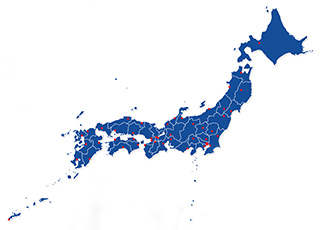
Zuisenji is located in Nikaido’s Momijigayatsu Valley in the eastern part of Kamakura within the Kanagawa Prefecture.
Address: 710 Nikaido, Kamakura, Kanagawa 248-0002, Japan
How to get to Zuisenji Temple?
- 45min from Kamakura Station (served by JR Yokosuka Line) or
- 25min from Tsurugaoka Hachimangu Shrine
Sightseeing spots at Zuisenji temple grounds
Top:
Rock Garden - Muso Kokushi created this masterpiece out of natural rock and it is the only remaining garden of the Kamakura period (1185 - 1333). The garden consists of a large cave, waterfall and a pond with a bridge. The national government gave this garden the status of a Place of Scenic Beauty.
Tennyodo - You will find this huge cave at the northern part of the rock garden. It was used for the daily meditation practice.
Choseichi - The pond is located in-front of the Tennyodo cave. It was carved in the rock.
Henka Ichirantei - It is the name of the pavilion near the garden. Zen master Muso Kokushi developed the design for this structure. Henka Ichirantei was used by the monks as a sanctuary of literary art.
Main Hall - The main hall is housing the wooden statue of the Goddess of Mercy (Thousand-armed Kannon). The statue was a gift of daimyo Tokugawa Mitsukuni (1628 - 1701).
Festival & Events in Kamakura (dates can change without notice)
April
Kamakura Matsuri (from 2nd to 3rd Sunday)
The city and its history will be celebrated.
August
Bonbori Matsuri (7th to 9th)
Hundreds of lanterns can be found around Tsurugaoka Hachimangu Shrine.
Kamakura Hase no Akari (19th to 25th)
Eight temples and shrines (incl. Kotoku-in) will get illuminated at night.
September
Reitai Matsuri (between 14th and 16th)
This great festival with its most famous attraction the Japanese horseback archery is held at the Tsurugaoka Hachimangu Shrine.












